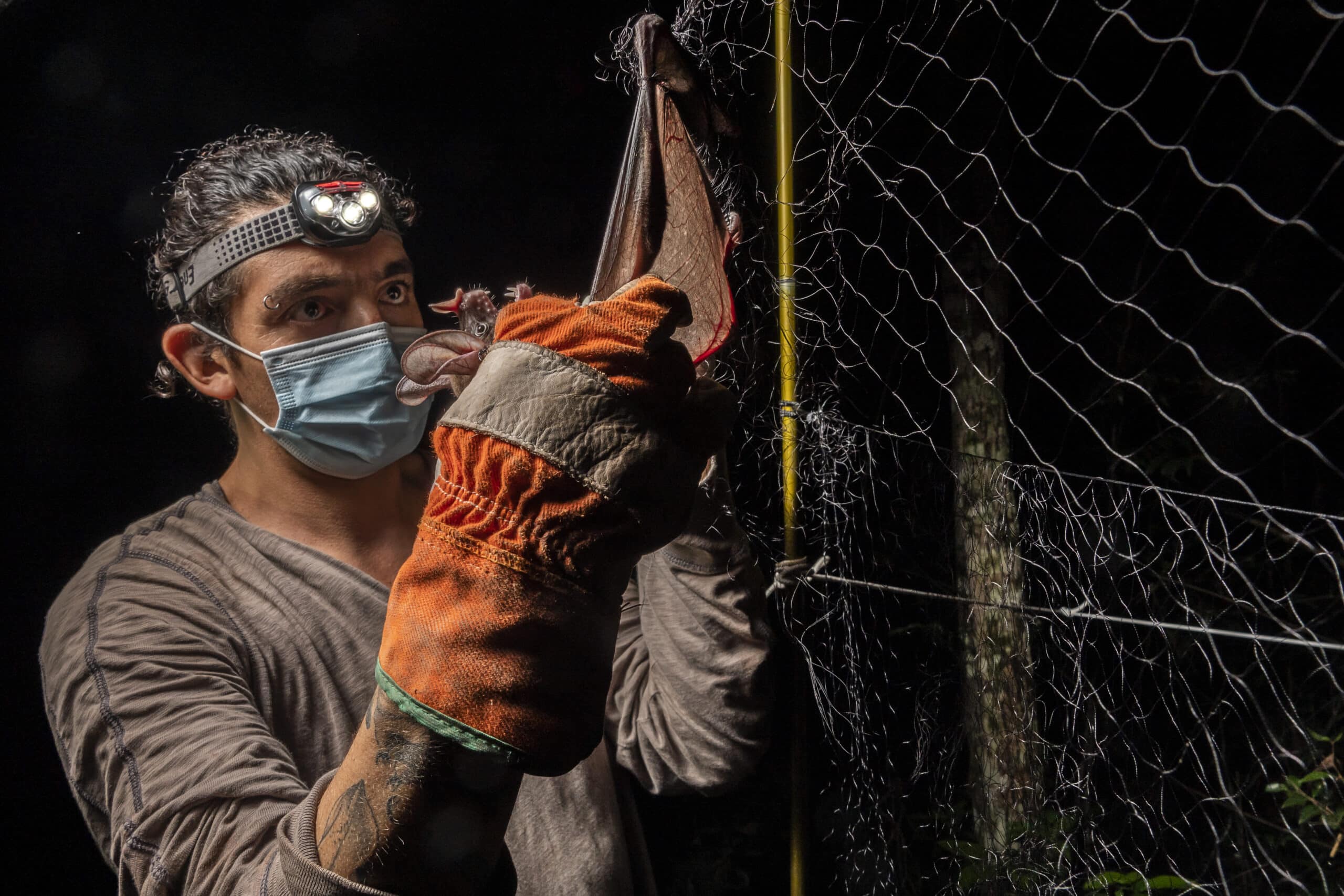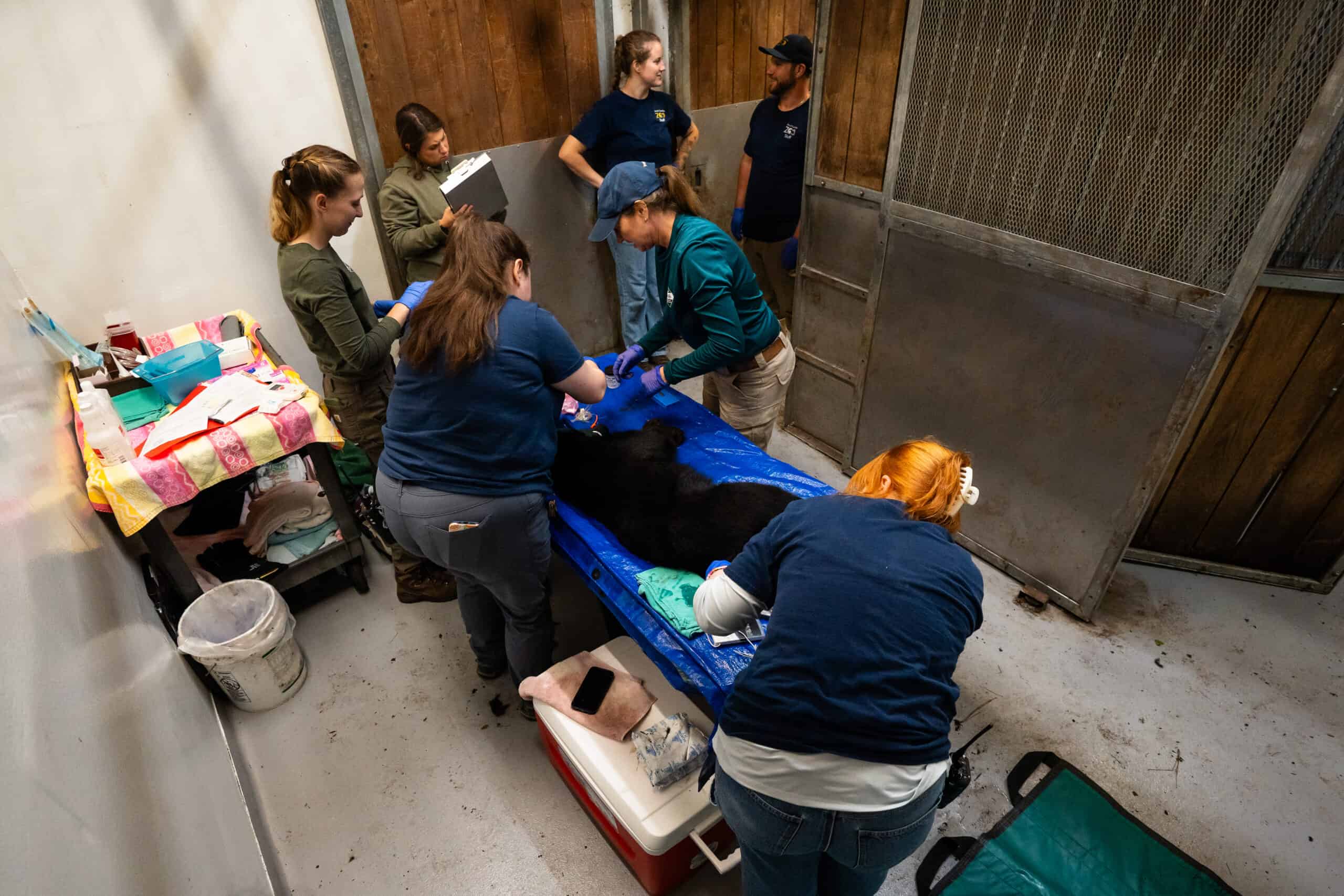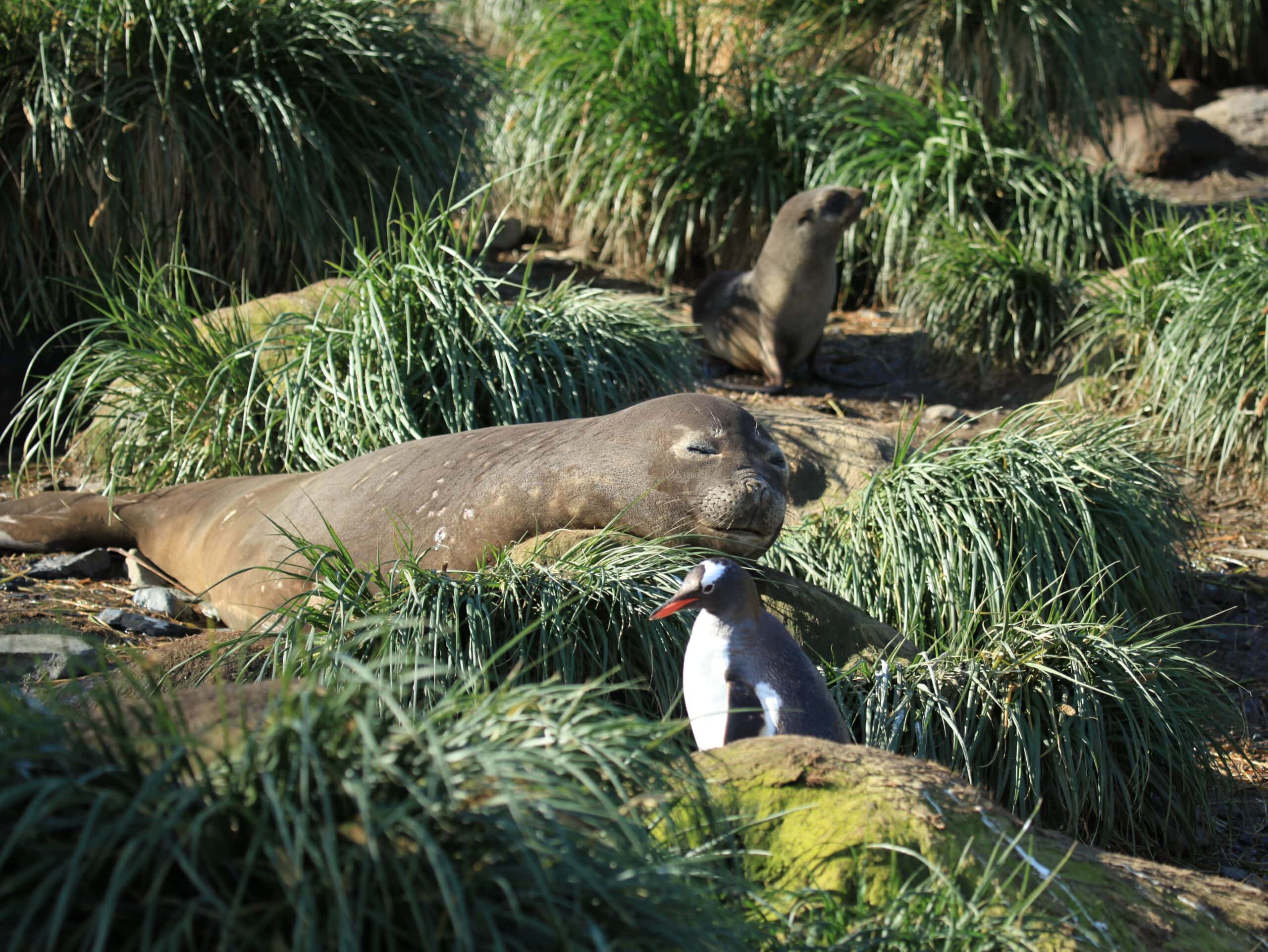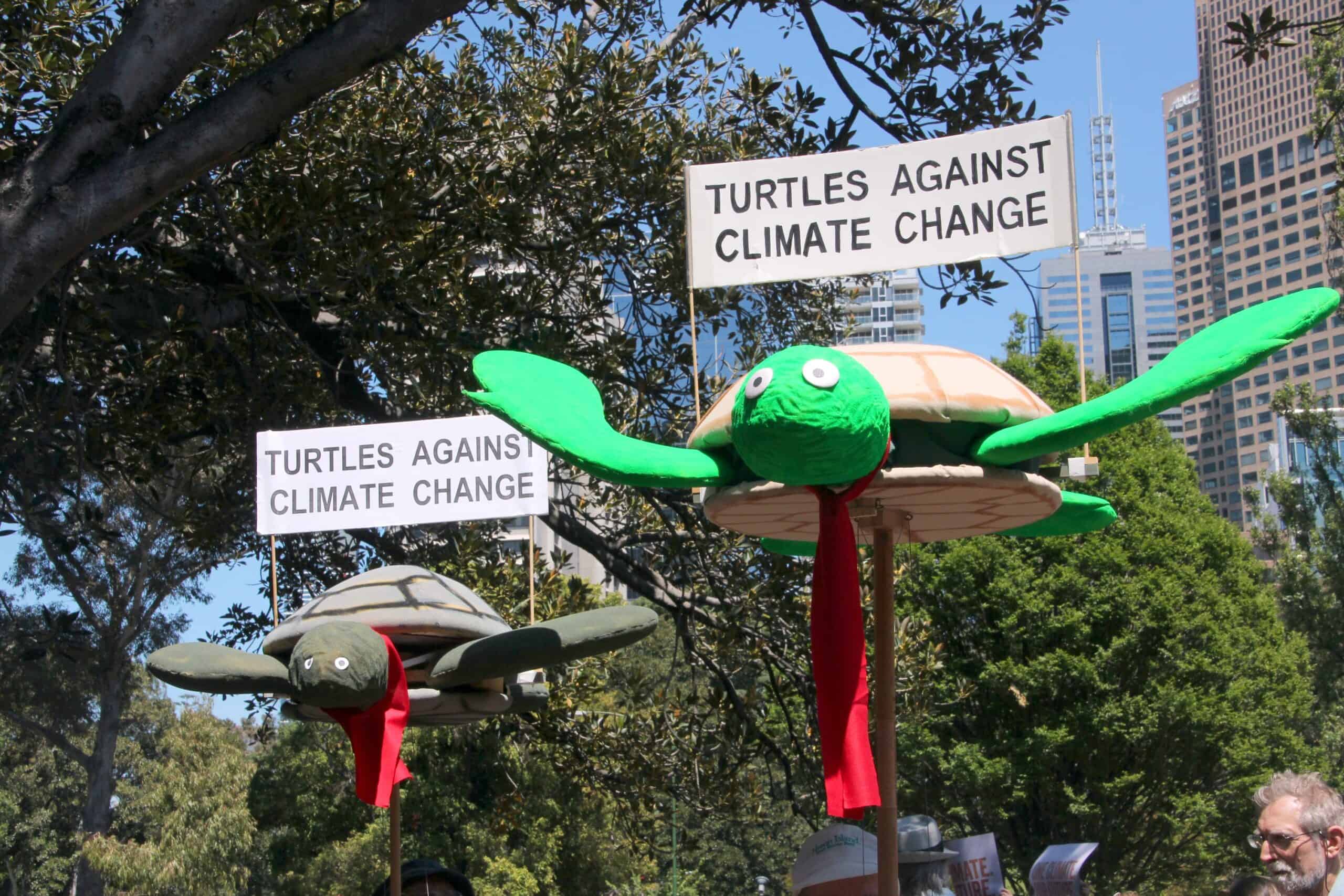Share this article
Wildlife Vocalizations: Luis Trujillo Sosa
TWS member discusses his passion and work in Guatemala
I have always been fascinated by observing wild animals in their natural habitats. Growing up, I spent as much time as I could outdoors, watching birds, small mammals and insects as they went about their lives. That sense of wonder never left me.
Over the years, various encounters with wildlife continued to fuel my passion for understanding how these species survive and interact with their environment. Watching animals move freely in nature sparked a desire not only to observe them, but also to protect them and their habitats.
It was this fascination, along with learning more about ecosystems and conservation, that led me to pursue a career as a wildlife biologist. I studied for my master’s degree at the National Autonomous University of Mexico (UNAM). But I wanted to dive deeper into wildlife studies and be a part of efforts aimed at preserving biodiversity, ensuring that future generations could experience the same sense of awe that I did.
I lead the biological monitoring and research program at the nongovernmental organization Fundación Defensores de la Naturaleza in Guatemala. My tasks and those of my team is to focus on research and policy for conserving species such as jaguars (Panthera onca), howler monkeys, manatees (Trichechus manatus), bats, tapirs and other iconic wildlife like resplendent quetzals (Pharomachrus mocinno) and horned guans (Oreophasis derbianus).
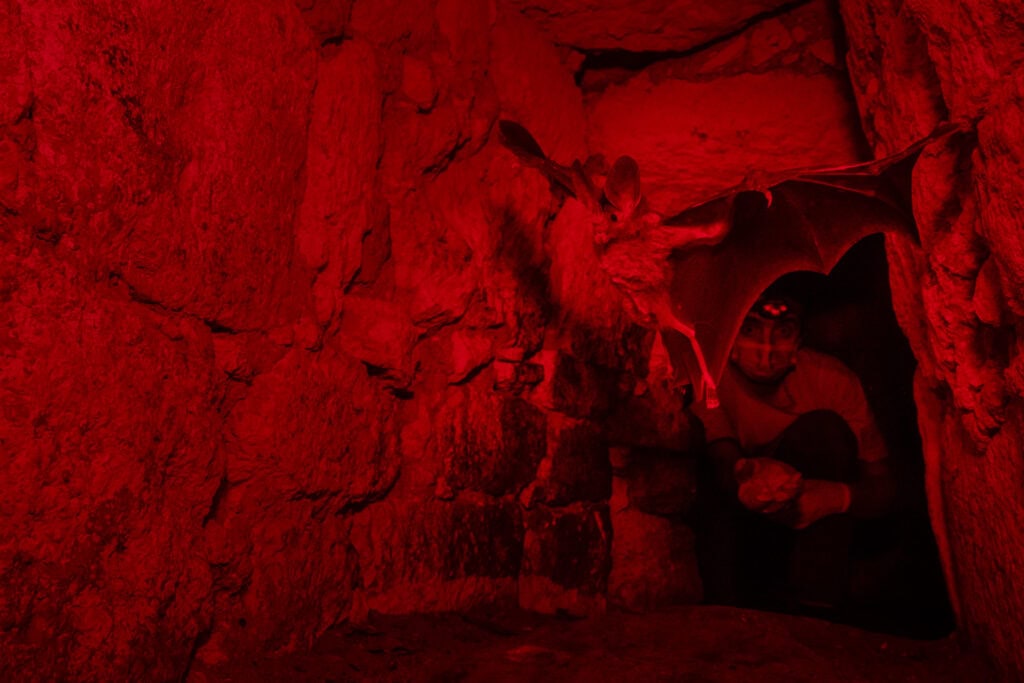
Our organization works with a large diversity of stockholders and scientists of different backgrounds. Guatemala shares many challenges with other countries in Latin America, and I think that the exchange of experiences and collaboration to develop synergies are of top importance for effective conservation.
One of the most important things I have learned is that conservation goes beyond protecting individual species; it requires a deep understanding of entire ecosystems and strong collaboration with local communities.
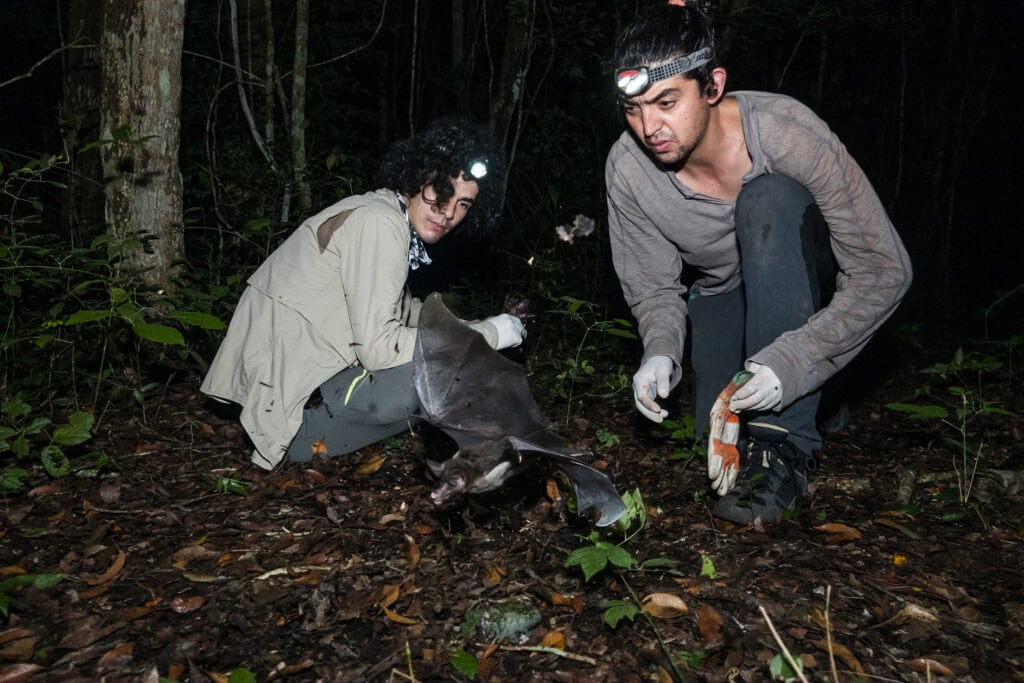
Bats, in particular, have been central to my research due to their incredibly high diversity and crucial roles in maintaining ecological balance. My work involves everything from field research and data collection to developing conservation strategies that support both biodiversity and the livelihoods of local people. I am focusing on the development of local capacity and bringing new research methods and resources to my work.
But my passion for animals remains at the heart of everything I do.
Wildlife Vocalizations is a collection of short personal perspectives from people in the field of wildlife sciences.
Learn more about Wildlife Vocalizations, and read other contributions.
Submit your story for Wildlife Vocalizations or nominate your peers and colleagues to encourage them to share their story. For questions, please contact tws@wildlife.org.
Header Image: Luis Trujillo releases a bat from a mist net that will be tagged with a transmitter to study their movements. Credit: Armando Vega



